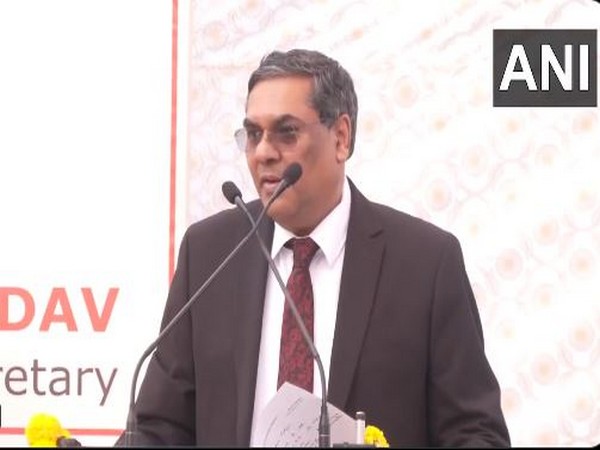Justice Gorsuch Bows Out: Ethics Questions Surround Utah Railway Case
U.S. Supreme Court Justice Neil Gorsuch recuses himself from a case concerning a proposed railway in Utah following calls from Democratic lawmakers due to potential conflicts of interest with businessman Philip Anschutz, Gorsuch's former client. The participation of other justices is unaffected.

In a significant development, U.S. Supreme Court Justice Neil Gorsuch has recused himself from a critical environmental case concerning a proposed railway project in Utah. This decision follows pressure from Democratic lawmakers who pointed to his previous ties with businessman Philip Anschutz, who allegedly has vested interests in the case, as a conflict of interest.
The case, set for argument next Tuesday, involves a proposal to connect Utah's Uinta Basin to a broader rail network, primarily for transporting waxy crude oil. The case serves as a test for the breadth of environmental impact assessments required under the National Environmental Policy Act of 1970. The Supreme Court disclosed Gorsuch's decision through a brief statement, citing adherence to ethical conduct codes.
Democratic Congressman Hank Johnson and peers had pushed for Gorsuch's withdrawal, advocating for stringent Supreme Court ethical standards. Johnson commended the recusal, emphasizing the need for public confidence in the Court's impartiality. The situation underscores ongoing concerns about justices' financial transparency and political influence.
(With inputs from agencies.)
ALSO READ
Supreme Court Strikes Golden Balance in Auroville Environmental Case
Elon Musk's Pentagon Visit Stirs Controversy Over Defense Leaks and Conflict of Interest
SEBI's Trust Overhaul: New Panel to Review Conflict of Interest Rules
Sebi decides to set up high-level panel to review conflict of interest, disclosure by board members, officials: Official.
SEBI Launches High-Level Committee for Conflict of Interest Review










